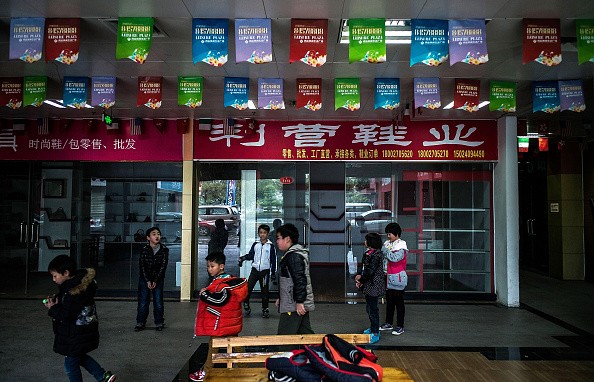An anti-prostitution campaign launched by Dongguan Police in 2014 resulted in the forced closure of over 1,000 entertainment establishment that were just cover for prostitution dens. Local officials were suspended for pretending not to know the true nature of these venues and hundreds of sex workers were arrested.
For a while, Dongguan briefly became a ghost town as 70 percent of the city’s prostitutes fled. At its peak, about 10 percent of the city’s 8 million residents were engaged in the flesh trade.
Prostitution flourished before because a lot of factories were located in the city engaged in low-end manufacturing. With the significant reduction of the flesh trade, Dongguan is slowly turning around into becoming known as a high-tech manufacturing hub. With so many phone makers operating in the city, one in every six smartphones in the world are assembled in the city.
Before the turnaround, Dongguan had over 250,000 prostitutes, with the flesh trade generating 50 billion yuan ($7 billion) turnaround a year. Wives then dreaded when their husband go to Dongguan on a business trip which meant a side trip to the salons and karaoke bars that were the front for brothels.
A taxi driver said some of the entertainment businesses reopened after the drive, but now the city is more known for gender imbalance that it is considered normal to have three girlfriends. Nightlife is still alive because of the presence of a number of good restaurants and bars.
On the first week of May, Dongguan Police busted a major drug smuggling syndicate operating in the city, leading to the arrest of 28 people, including 15 Taiwanese nationals, and confiscation of 717 kilograms of methamphetamine, nine guns, 11 luxury vehicles, and 1.5 million yuan and 2 million Hong Kong dollars.



























